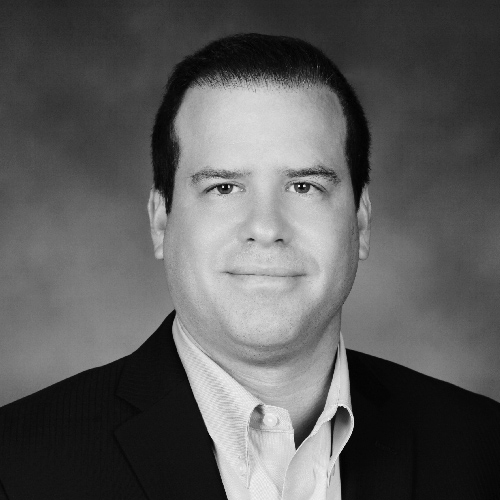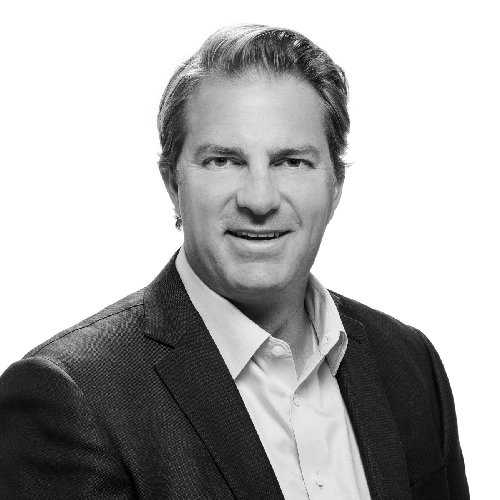Law was never a route that Ann Ford thought she would travel. Her path was nursing. But while she was studying nursing at Marquette University, she found out one of her nursing instructors was attending law school. “That was probably the first time that it occurred to me that a nurse could become a lawyer,” she says.
After graduating, Ford worked as a bedside nurse, but she never forgot that instructor. “I loved patient care but wanted to figure out how I could have a broader impact,” Ford says. “After evaluating some different options, what really kept coming back to me was practicing law.”
Today, Ford is the chief ethics and compliance officer at Medline Industries Inc., a medical supplies and devices distributor. Since Ford was recruited in 2010, Medline has tripled in size; it currently sells more than 360,000 different products. As it’s growing, Medline is distributing more physician-preference devices, including implants for foot and ankle surgeries, advanced wound-care products, and innovative tissue-
regeneration products.
Introducing these products to market involves clinical research and talking to key opinion leaders, including physicians, advanced practice specialty nurses, and scientists. Evidence is essential to support Medline’s advanced wound- and skin-care market, as compared to more commodity-type medical supplies. “It requires a more evidence-based approach than selling bedpans,” Ford explains. To address these new requirements, Ford says that Medline is enhancing and formalizing clinical, scientific processes around its ability to manage the compliance aspects of conducting and publishing clinical research.
From a compliance standpoint, it’s exciting. “One of the main goals I have for running my team is to help the business reach its goals in a way that is compliant but also expedient,” she says. “We want to sell quality products that improve the lives of patients.”
However, with that excitement comes new challenges. “When you’re introducing new processes, there can be tension or concern that perhaps those new processes will interrupt the flow of the business,” she says. “So the challenge is to nurture a trusting relationship with the business as a strategic partner.”
Ford’s background in healthcare law informs her compliance work. Before joining Medline, Ford worked in a private practice where she defended doctors and nurses in medical malpractice suits, and then she went in-house at a hospital. “The cornerstone of any compliance program is its code of conduct,” she says. There are similarities in any company’s code of conduct like respecting your colleagues and business partners, acting with integrity, following laws and regulations, and protecting the company’s assets. Although there is some commonality in the codes of conduct across industries, there are specific healthcare fraud and abuse laws that Ford says make her healthcare legal background relevant to her current role.
From the beginning, Ford’s caregiving experience gave her practical skills that other lawyers had to develop on the job. “Right out of the gate, I had an advantage over my colleagues who were very bright lawyers but had to learn medical technology and had to learn how to read a chart,” Ford explains. “I already had the ability to do that.”
Having knowledge of the industry from a provider’s perspective also impacts her relationships with Medline’s customers, almost all of whom are healthcare providers. “The longest standing and the most important aspect of how my nursing experience has affected my career is that it helps me to relate to and understand the provider side,” Ford says. “I can understand the day-to-day challenges that nurses and physicians have.”
Outside of the office, Ford puts her healthcare knowledge to work as the Advocacy Committee cochair of the Illinois chapter of JDRF, a global organization that funds Type 1 diabetes research. Ford has a personal connection to the cause; her nineteen-year-old son was diagnosed with Type 1 diabetes at age six.
“The research dollars are absolutely critical to making any changes and advances in trying to find a cure for Type 1 diabetes,” Ford says. “When you do research on chronic diseases like this, it’s really important to have multiyear trials. To do that you have to have guaranteed funding over a multiyear period, or you don’t get the researchers to take on the project.” Before joining the board, Ford and her family participated in the organization as individual contributors. Although these gestures were meaningful, she knew she could do more. “I really wanted to use my background as a nurse and a lawyer and figure out how I could contribute in a broader way to JDRF and its mission,” Ford says. “A few years back, I decided that with my background as a nurse and a lawyer and working in healthcare, I would have something to add from an advocacy/government relations perspective.”
Along with her advocacy work with JDRF, Ford says her nursing career has absolutely shaped her legal career. “I like to think of what I do as still having some impact on healthcare and patients,” she says. “There are other ways to reach them, beyond the bedside.”


